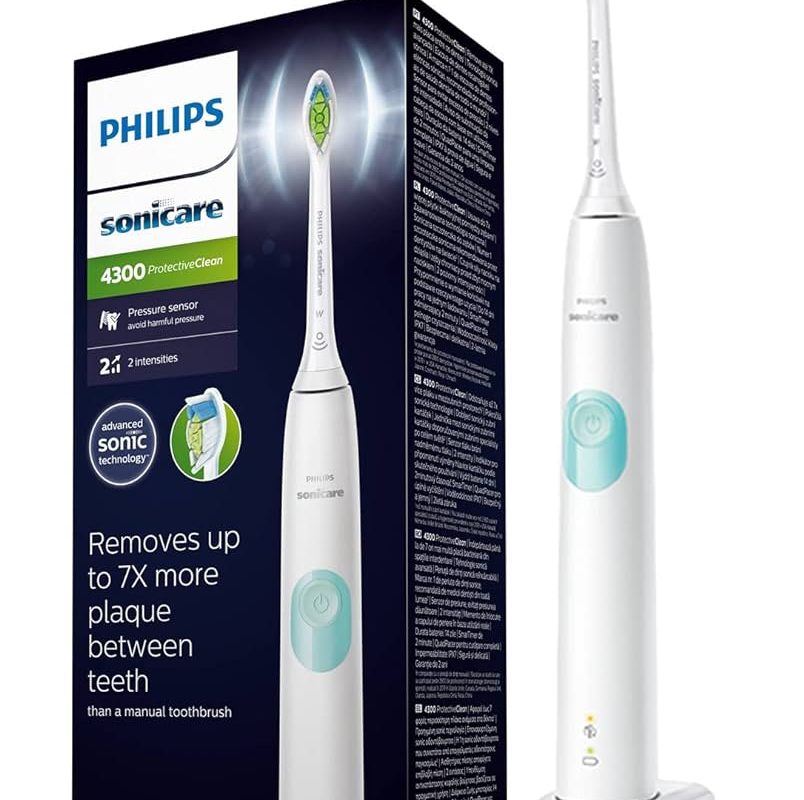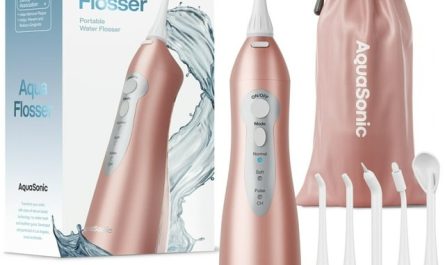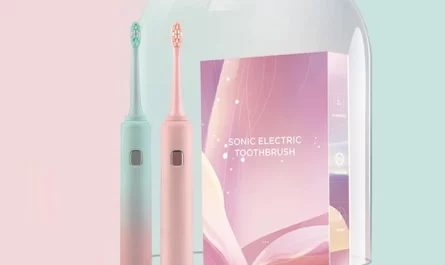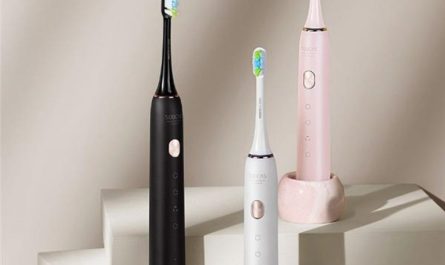Introduction:
The choice between an electric toothbrush and a manual toothbrush is a common dilemma for individuals seeking to maintain optimal oral hygiene. Both types of toothbrushes have their own advantages and considerations. In this guide, we will explore the benefits and drawbacks of electric toothbrushes and manual toothbrushes. By examining factors such as effectiveness, convenience, cost, and personal preference, we aim to provide a comprehensive overview to help you make an informed decision.
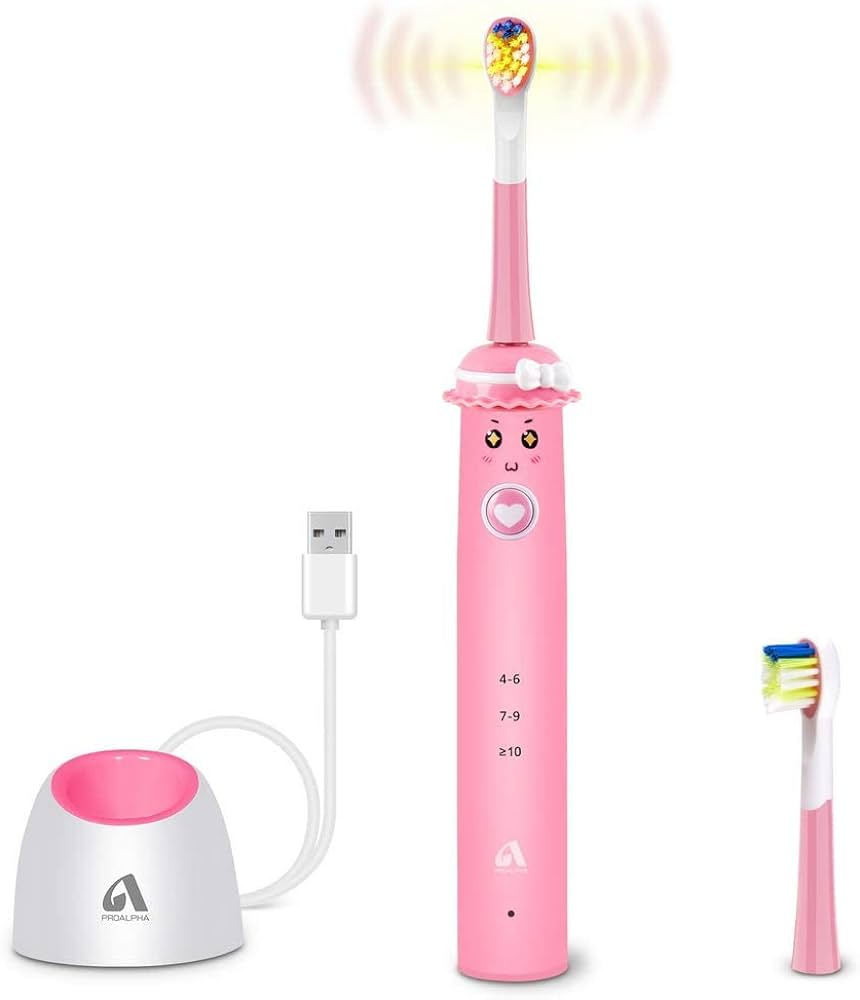
What is better an electric toothbrush or a manual?
Effectiveness:
Electric Toothbrush: Electric toothbrushes are generally considered more effective in removing plaque and reducing gingivitis. They often feature advanced technologies, such as oscillating, rotating, or sonic movements, that provide thorough cleaning and efficiently reach inaccessible areas.
Manual Toothbrush: Manual toothbrushes, when used correctly with proper brushing techniques, can also effectively clean teeth and gums. However, they require more effort and technique to achieve the same level of effectiveness as electric toothbrushes.
Convenience and Ease of Use:
Electric Toothbrush: Electric toothbrushes are often preferred for their convenience and ease of use. Their built-in timers ensure proper brushing duration, and some models offer pressure sensors to prevent excessive force on teeth and gums. These features can be particularly helpful for children, individuals with dexterity issues, or anyone seeking a more guided brushing experience.
Manual Toothbrush: Manual toothbrushes are widely available, lightweight, and easy to travel with. They do not require charging or battery replacements, making them convenient for use on the go. Additionally, manual toothbrushes offer more control over brushing pressure, allowing users to adjust based on individual needs and sensitivities.
Cost Considerations:
Electric Toothbrush: Electric toothbrushes generally have a higher upfront cost compared to manual toothbrushes. Additionally, they require periodic replacement of brush heads and may need battery replacements or charging units. However, it is important to note that the cost of electric toothbrushes can vary depending on the brand, model, and features.
Manual Toothbrush: Manual toothbrushes have a lower upfront cost and do not require additional expenditures for replacement heads or batteries. However, it is recommended to replace manual toothbrushes every three to four months or sooner if bristles become frayed or worn.
Personal Preference:
Individual Preference: The choice between an electric toothbrush and a manual toothbrush often comes down to personal preference. Some individuals may prefer the convenience and features of an electric toothbrush, while others may find comfort and familiarity in using a manual toothbrush.
Oral Health Needs: Consider your specific oral health needs when choosing a toothbrush. Individuals with orthodontic appliances, such as braces, may benefit from using an electric toothbrush to effectively clean around brackets and wires. Similarly, individuals with sensitive teeth or gums may find an electric toothbrush gentler and less irritating.
Professional Recommendations:
Dentist Recommendations: Consulting with a dental professional is advisable when choosing a toothbrush. Dentists can provide personalized recommendations based on the individual’s oral health, specific needs, and any existing dental conditions.
Consideration of Individual Factors: Factors such as the presence of gum disease, tooth sensitivity, or limited dexterity may influence the dentist’s recommendation for an electric toothbrush or a manual toothbrush.
Combining Both:
Combination Approach: Some individuals choose to use both electric and manual toothbrushes. They may prefer the thorough cleaning provided by an electric toothbrush for daily use and utilize a manual toothbrush as a backup or for travel.
Conclusion:
Choosing between an electric toothbrush and a manual toothbrush depends on individual preferences, oral health needs, and other considerations. Electric toothbrushes offer convenience, advanced cleaning technologies, and a guided brushing experience. They can be particularly beneficial for individuals with specific oral health conditions or limitations. On the other hand, manual toothbrushes are widely available, cost-effective, and provide greater control over brushing pressure. They may be preferred by individuals who value simplicity or have personal preferences for manual brushing techniques.
In making a decision, it is important to consider factors such as effectiveness, convenience, cost, personal preference, and professional recommendations. Ultimately, maintaining good oral hygiene practices, including regular brushing, flossing, and dental check-ups, is essential regardless of the type of toothbrush chosen.

